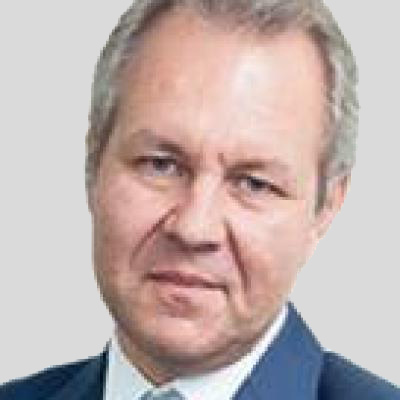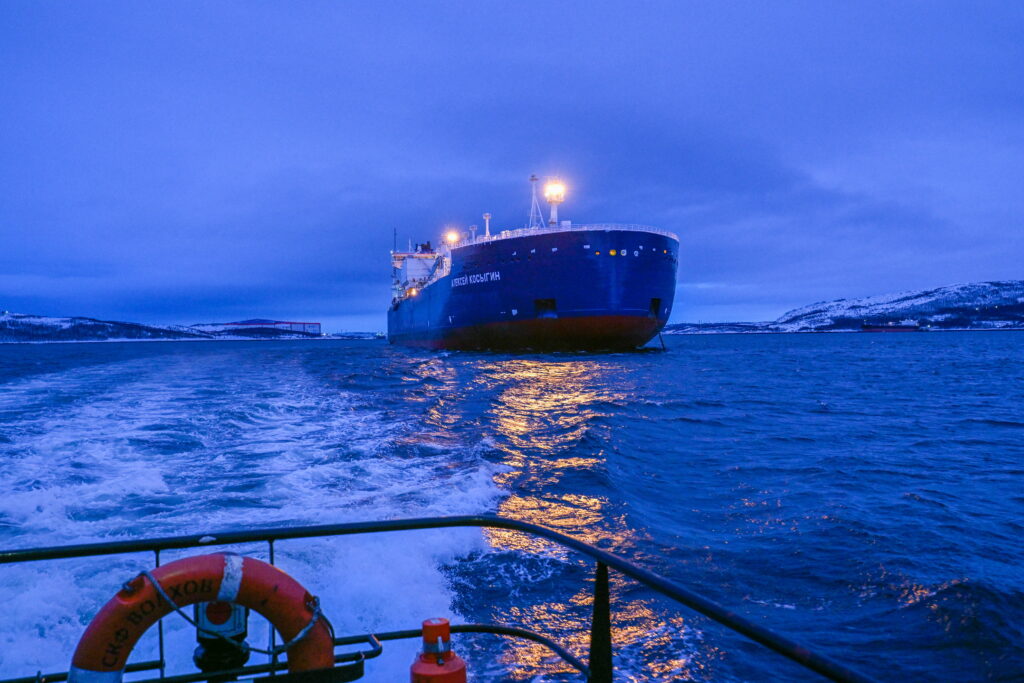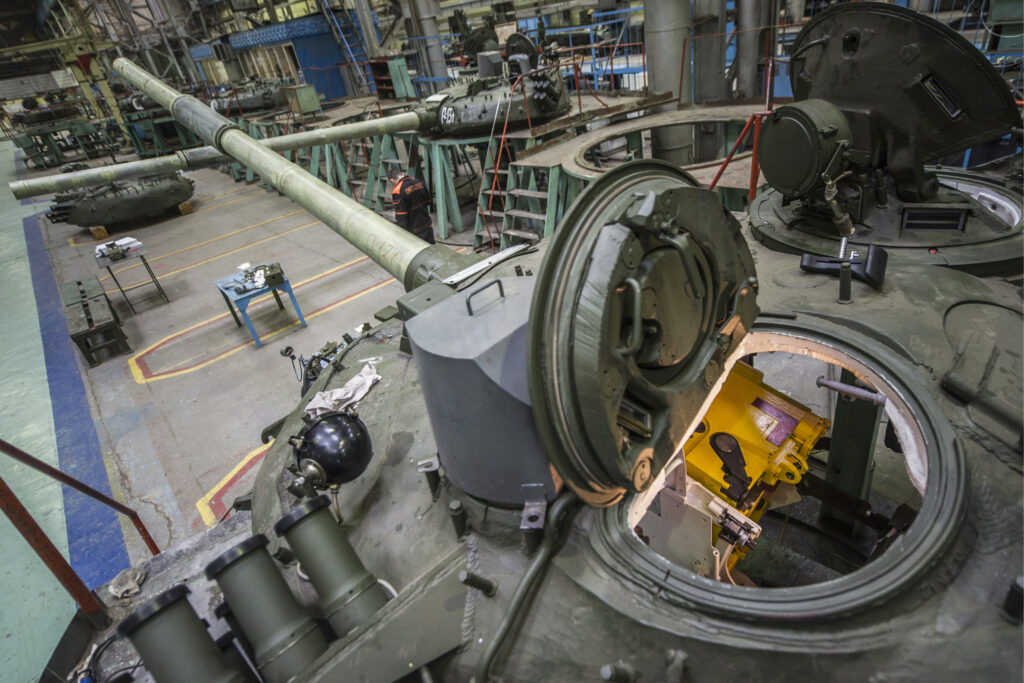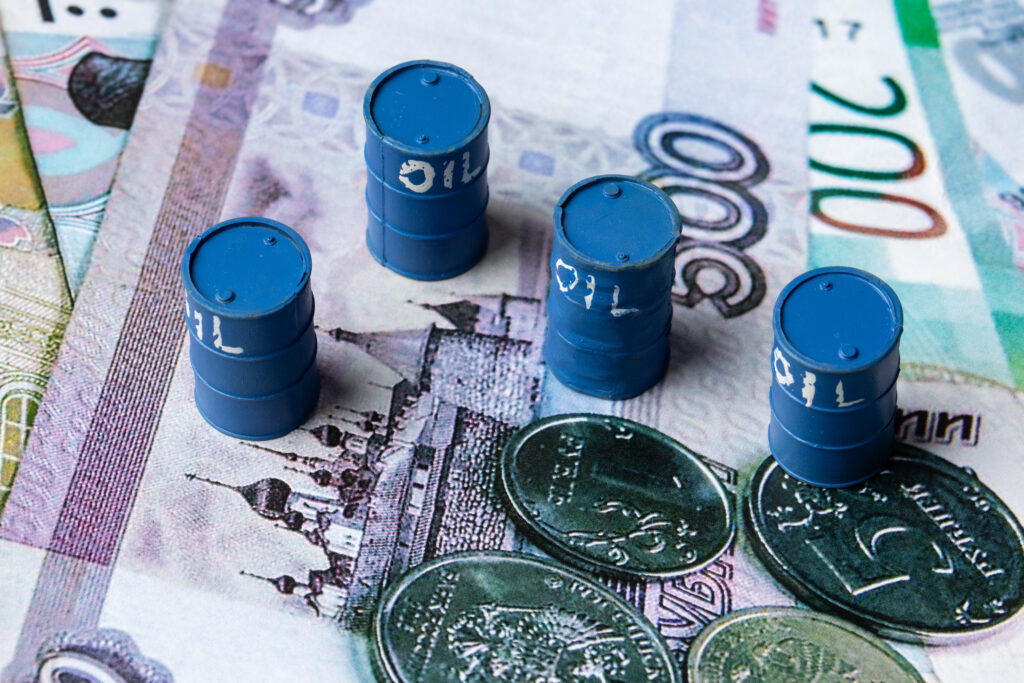Twenty years ago, in the years before the explosive entrance of the internet into our lives, many futurologists wrote that video conferences would soon completely change commercial communication. Traditional forums and fairs, they wrote, would become anachronisms. To some extent, their prognoses turned out to be true. In most developed countries, business events have been transformed along two lines. Some became large informal events for business leaders, politicians, and intellectuals to exchange ideas; the Davos forum is the leading example, but large companies and business organisations hold similar events worldwide. Others became so-called B2C (business to customer) events, where new products are presented to their end users; these events include everything from book fairs to arms sales, and are also opportunities for producers to promote upcoming products. These two forms of commercial event are now widespread. But another, where entrepreneurs would conclude their transactions and announce their intentions before all with due pomp and circumstance, have all but vanished.
At the same time, a contradictory trend was taking place in Russia. During the late 1990s, the only serious event of this and was the Russian Economic Forum held in London, where Russian and western entrepreneurs discussed the climate for doing business, potential investments, and financial and political trends in Russia. The event was an important site for establishing direct contacts. Today, at least 30 “economic forums” are held every year across Russia, strictly ranked according to their official degree of importance, but equally insignificant in terms of their actual impact.
The “top tier” economic forums are those which are considered “presidential,” at which Vladimir Putin makes an appearance. At the end of last year, these included the St. Petersburg and Eastern International Economic Forums, as well as the Russia Calling! forum organised by VTB Bank. These events were held for their 22nd, 4th, and 10th times, respectively. Major regional events were the International Investment Forum in Sochi, the Krasnoyarsk, Baikal, and Perm Economic Forums, the Novosibirsk Innovation and Investment Forum, the Ural Investment Forum, the Russia Business Forum, as well as economic forums in Astrakhan, Cheboksary, Penza, and several other cities. Important state officials were leading figures at these events; from the prime minster to deputy prime ministers. These industrial meetings also attract the attention of the press; one such high-profile event was the Sochi Partnership Business Forum 1520, which was held by Russian Railways in the Black Sea city for the 13th time. Overall, more than 40 investment forums are organised in Russia every year, with extensive advertisement campaigns in support. It could be said that some of them, such as the Moscow Economic Forum or more recently the economic summit in Yalta, tend to bring together all the greatest enemies of the country’s real economic progress rather than those who are genuinely interested in its success.
There are many commonalities to these events. Firstly, they are designed in order to demonstrate the significance of a particular region or company by virtue of the number and status of participants in the event. Secondly, they largely remain formal events, as the distance between government and business is increasing every year; this distance is observed no less rigorously during economic forums than on any other day of the year. Thirdly, such events are largely devoid of any expert or intellectual input, as is traditionally the case in western economic forums; these are not events which businessmen and politicians attend in order to seek the wisdom of professional economists and social scientists. Finally, despite all the fanfare, these events still have only a minimum relevance for one very simple reason: namely, because all fundamental economic decisions in Russia today are made by government officials. And those decisions are not taken in round table discussions with business representatives, but in the silence of state officials’ offices.
From an official point of view, these economic forums are a roaring success. In 2003, the St Petersburg International Economic Forum (SPIEF) featured 2,500 participants; by 2009 the number had risen to 3,500, by 2013 to 7,200, and by 2018 it stood at almost 17,000. The total sum of transactions announced during the event were sometimes astronomical: in 2013, the event’s organisers spoke of around 9.6 trillion rubles (which at the time accounted for 13.4% of Russia’s GDP, or almost 60% of all investments in fixed capital generated domestically.) However, the most significant contracts were rarely mentioned again, and in some cases were cancelled. One unfortunate example is a deal concluded at SPIEF in 2011, by which Mistral helicopter carriers were to be supplied to state owned defence company Rosoboronexport; the deal was cancelled in 2015. At the same forum in 2007, Aeroflot and Boeing agreed on the sale of Boeing-787 airliners for $4.8 billion; the Russian side then backed out of the deal. In 2012, the Russian airline TransAero purchased Airbus-380, but did not see the deal through until delivery. Other bold announcements, such as Mikhail Prokhorov’s demonstration of a working prototype of his “E-Mobile” in 2013, turned out to be empty promises. Similarly, at the SPIEF forum in 2017, an agreement was reached between Russia’s MegaFon and Chinese telecommunications giant Huawei on cooperation in the developing of fifth-generation mobile communications in Russia. However, the plan was never implemented due to the intervention of Russia’s Ministry of Defence, which thereby effectively blocked the introduction of 5G mobile networks to the country.
In many ways SPIEF and similar events increasingly resemble latter day Soviet party congresses: events designed to coincide with grand announcements of commissions to build new “structures of communism.” Today, companies sign agreements at economic forums which they had agreed a year before; agreements which in most other countries would already be operational. In any case, such contracts are gradually being replaced by the signing of “cooperation agreements” between federal companies and local government authorities, or even between the local authorities of cities or regions, which should have devised a mechanism for such interaction long ago.
Yet all these initiatives have generally not led to clear progress for business in Russia. For example, VTB Bank has already been holding its flagship event for a decade, which is designed to attract foreign direct investment to Russia. But despite these efforts, foreign direct investment has fallen sharply: from $81.9 billion in 2009 to just $1.9 billion in 2018. In fact, foreign direct investment has even started to reverse since 2019, despite officials’ declarations about their relentless hard work to protect the rights of entrepreneurs and improve the investment climate in Russia. In 2011, four years before the first Eastern Economic Forum had even convened in Vladivostok, the Far Eastern Federal District accounted for 9.6% of all national investments in fixed capital. Last year, this figure dropped to 7.9%, despite the fact that the number of participants in the Eastern Economic Forum rose from 1,200 to 6,000 over the same period, and the sum of contracts announced at the most recent forum in Vladivostok exceed 3.1 trillion rubles, or 81% of Gross Regional Product.
In other words, the fashion for economic forums has coincided with a quite obvious trend towards economic stagnation. Nevertheless, it is plausible that the rationale for such events was never wholly economic to begin with; they were created to address political issues connected to public image. There are no grounds to suspect that regional centres across Russia will stop jockeying for the honour of hosting the most prestigious of these “meetings,” dutifully attended by luminaries from business and government.
Russia’s high profile economic forums also make headlines given the outlandish statements officials make when addressing them. We could recall Putin’s promises to deal with pollution from industrial plants by 2019, or his assurances that Moscow’s Central Ring Road and Moscow-Kazan high speed railway would be completed by 2018-2020. Putin also declared at economic forums that “positive demographic dynamics” were developing in the Far East, and that a cardinal improvement in the business climate “can no longer be delayed or deferred any later than 2015.” We could add to these words multiple statements in a similar vein by the directors of major Russian companies and many regional governors. The fact that such vacuous statements can be heard at any high level meeting today does not detract from their significance; such declarations only highlight the fact that the rhetoric of participants and speakers at economic and investment forums has a very remote relationship to the actual direction and pace of Russia’s development.
An obvious question to ask at this stage is why such forums are still held at all. One answer is that the organisation of these prestigious conferences has gradually become a well established and profitable business in its own rights. The foundation which began organising SPIEF in the late 1990s eventually grew to become Roskongress, which now manages the International Investment Forum in Sochi, the Eastern Economic Forum in Vladivostok, and about ten more high profile annual events. According to official data, this Roskongress’s revenues had reached 10.5 billion rubles by 2017; a rough estimate, reached by extrapolating its growth in recent years, suggests that this sum could have reached 15 billion rubles by 2018. Thus the costs of these “weekend getaways” can be compared to the annual budget of a city with more than a million inhabitants, such as Omsk. In cases where the organisation of economic forums and investment conferences is not monopolised by Roskongress, financial flows nonetheless pass through companies trusted by the regional authorities, who can guarantee a profit margin of 20-25%.
Undoubtedly, regions which host prominent economic forums do benefit from the heightened attention and arrival of distinguished guests. Whenever the SPIEF is held, hotel prices in St Petersburg rise several times, and their occupancy rate approaches 100% (in 2017, Rosneft broke a record for the most expensive accommodation costs when it paid seven million rubles for renting seven hotel rooms during the forum; one of these was occupied by Igor Shuvalov, whose room at the Astoria Hotel cost 360,000 rubles per day.) Demand for catering, restaurant bookings, car rental, and other services increases exponentially. But these are short term events, and even these profits do not fundamentally change the economic realities for the cities lucky enough to host an economic forum. It is important to note that ultimately, all costs incurred by large companies for sending delegates to such events, launching sponsorship agreements, and setting up advertising are then included in the cost of their products. The ordinary consumer, therefore, foots the bill.
Russia’s economic forums are a new phenomenon, closer in spirit to the poorer quality journals of the academic publishing mill, whose only readers are their very own contributors. These prestigious forums, summits, and conferences do not represent a genuine exchange of opinions about the country’s economic trajectory, but instead a business model which markets the cherished attention of “prestigious politicians,” with scant practical consequences. In short, its success stems from the fact that it sells precisely what Russia lacks: the illusory trust between business and government, and the yearning to hear good news about economic success.










